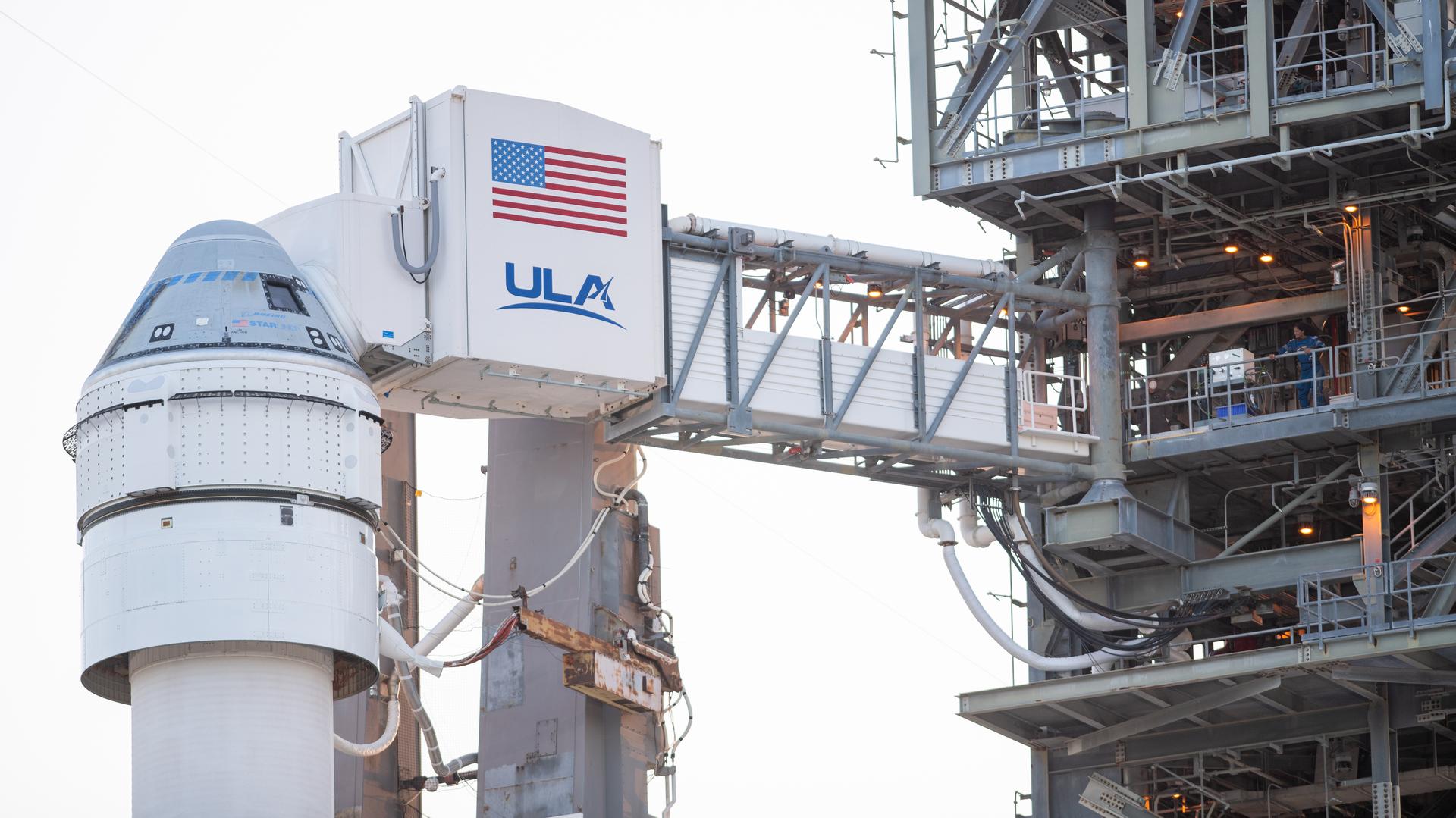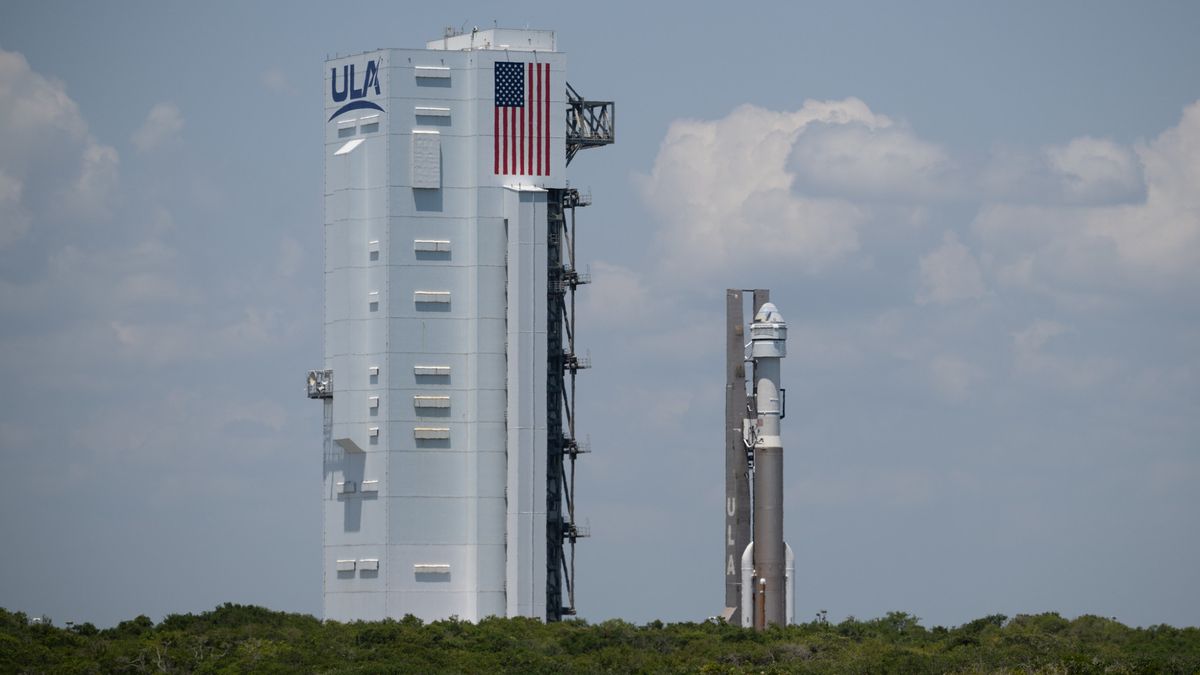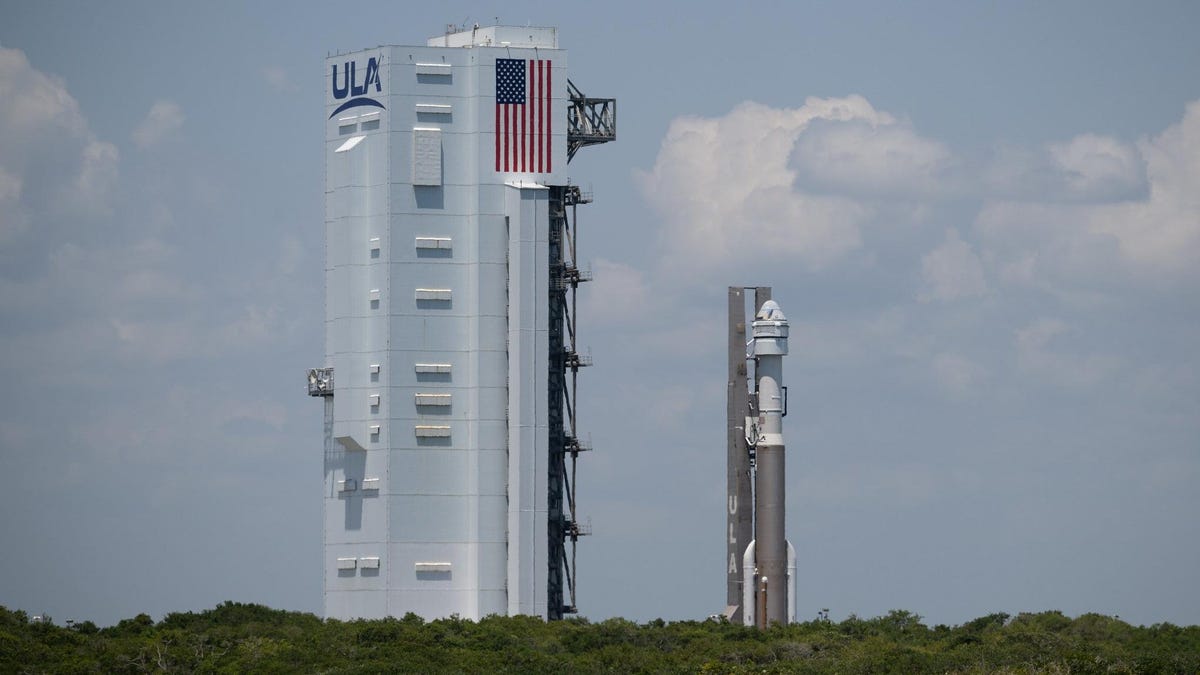
In a significant development in the realm of space exploration, Boeing's Starliner spacecraft and its Atlas V rocket have been rolled back to the launch pad at Florida's Cape Canaveral Space Force Station. This follows a buzzing sound emanating from a valve in the launcher's upper stage, which required replacement. The Starliner-Atlas V stack was initially scheduled for an early May launch, but this setback has delayed those plans. The spacecraft is set to embark on its first-ever astronaut mission, known as Crew Flight Test (CFT), a trial run to the International Space Station (ISS) in collaboration with NASA. This mission aims to pave the way for long-duration flights to the orbiting lab as part of Boeing's Commercial Crew Program contract with NASA, which was awarded in 2014. Notably, SpaceX has already successfully flown NASA astronauts to the ISS via its Dragon capsule and Falcon 9 rocket, achieving this milestone nearly four years ago. As we await further updates on Boeing's Starliner mission, it remains to be seen how this valve issue will impact the timeline for future launches and whether SpaceX will continue to lead the way in commercial space travel collaborations with NASA.


